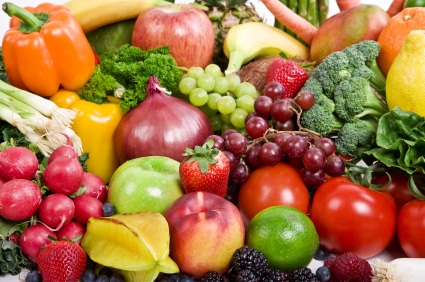Is there really any difference in nutritional content between conventional fruits and vegetables and organic foods? In short, “yes”. Though...

Is there really any difference in nutritional content between conventional fruits and vegetables and organic foods? In short, “yes”. Though...